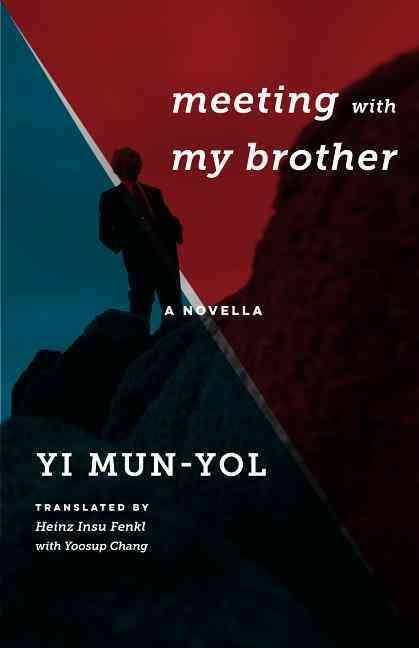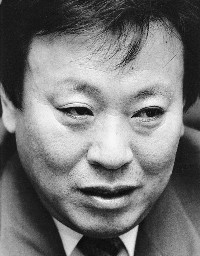
Yi Mun-yol's Meeting with My Brother is narrated by a middle-aged South Korean professor, also named Yi, whose father abandoned his family and defected to the North at the outbreak of the Korean War. Many years later, despite having spent most of his life under a cloud of suspicion as the son of a traitor, Yi is prepared to reunite with his father. Yet before a rendezvous on the Chinese border can be arranged, his father dies. Yi then learns for the first time that he has a half-brother, whom he chooses to meet instead. As the two confront their shared legacy, their encounter takes a surprising turn. Meeting with My Brother represents the political and psychological complexity of Koreans on both sides of the border, offering a complex yet poignant perspective on the divisions between the two countries. Through a series of charged conversations, Yi explores the nuances of reunification, both political and personal. This semiautobiographical account draws on Yi's own experience of growing up with an absent father who defected to the North and the stigma of family disloyalty. First published in Korea in 1994, Meeting with My Brother is a moving and illuminating portrait of the relationships sundered by one of the world's starkest barriers.
Author

Yi Mun-yol (born May 18, 1948) is a South Korean writer. Yi Mun-yol was born in Seoul, South Korea in 1948, but the outbreak of the Korean War and his father's defection to North Korea forced his family to move about until they settled in Yeongyang, Gyeongsangbuk-do, the ancestral seat of his family. The fact that his father defected dramatically affected his life, as he was seen and treated as "the son of a political offender," and was "passed around among relatives[.] After dropping out of the College of Education of Seoul National University in 1970, Yi Mun-yol made his literary debut through the annual literary contests of the Daegu Maeil Newspaper in 1977, and the Dong-A Ilbo in 1979. On being awarded the prestigious "Today's Writer Award" for The Son of Man in 1979, Yi emerged as the most noteworthy writer of the time. The Son of Man explores the theme of the complex relationship between God and humanity in light of the finite nature of human existence inadvertently cast in infinite universe, through the eyes of the protagonist who is doubtful of the Christian Weltanschauung. From 1994 to 1997, he taught Korean language and literature at Sejong University. Since 1999, he has also served as the head of Buak Literary Center, a residential program for budding writers. He is currently a chair professor at Hankuk University of Foreign Studies. (from Wikipedia) Associated Names: * Yi Mun-Yol * 이문열 (Korean Profile)